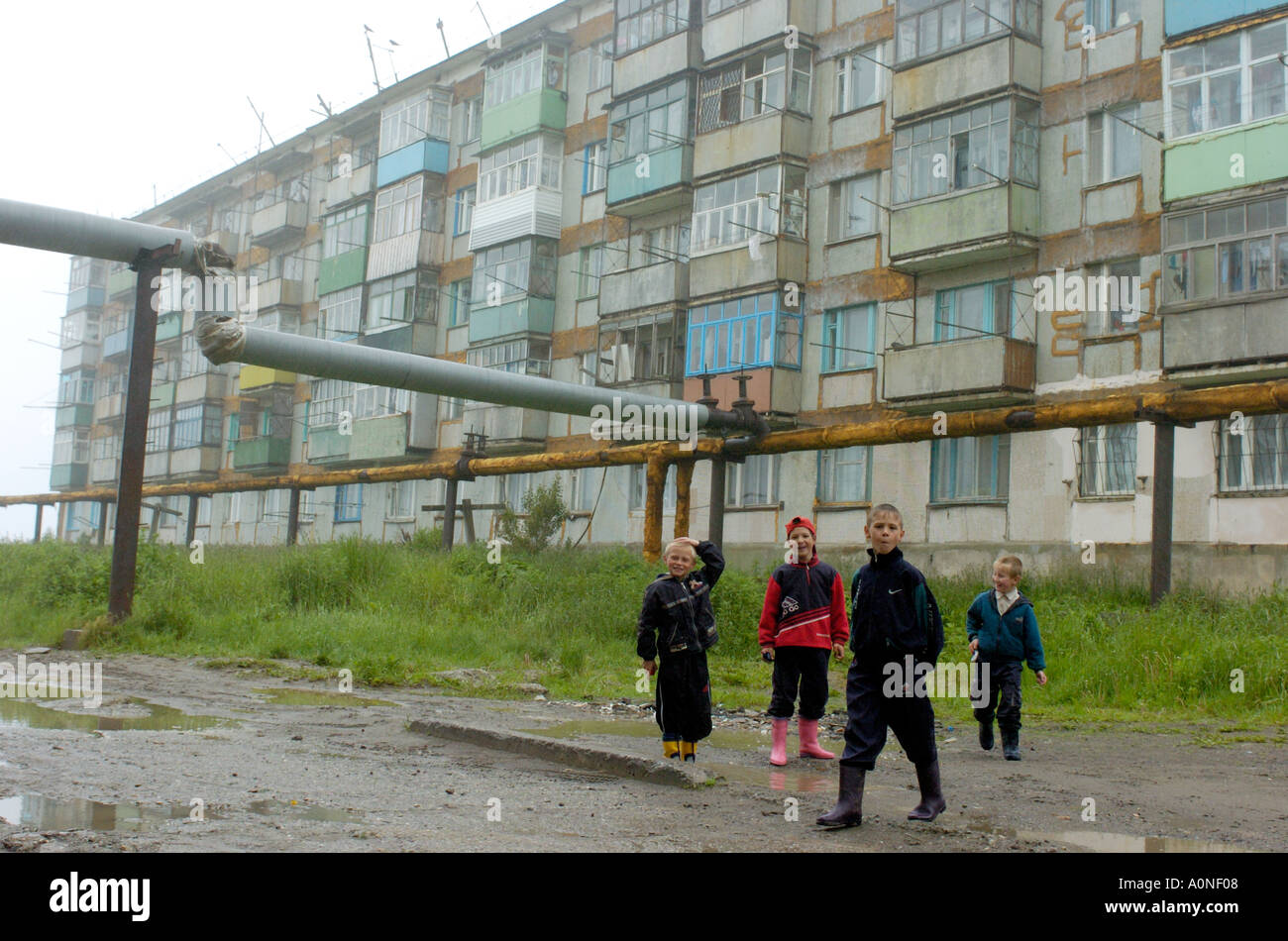22NOV2024 Not in favor of the poor: Rosstat’s poverty figures vs. objective reality
In the first half of 2024, Russia's federal statistics agency, Rosstat, reported 13.3 million people living in poverty across the country. Although this is an increase from 2023, it drastically underestimates the actual scale of poverty. For years, the Russian government has manipulated statistics, with Rosstat revising its methods to meet presidential mandates aimed at lowering poverty rates. However, evaluating current data by using the previous methodology reveals a much grimmer picture: by the end of 2023, the number of poor people in Russia was 1.5 times higher than officially acknowledged — ranging from 14.6 to 18 million (up to 12.5% of the population), according to The Insider. Many of those classified as “not poor” struggle to afford basic necessities like clothing and food. Poverty levels surged after the start of the full-scale invasion of Ukraine, and despite enormous government spending, the situation has yet to return to pre-war levels.
Public perceptions of poverty in Russia starkly contrast with official statistics. Russians consider a monthly income below 43,000 rubles to signify poverty. To feel financially secure, the average person believes they would need about 250,000 rubles per month. However, such income levels are out of reach for nearly everyone. As of mid-2024, the top 10% of earners had an average income of 175,600 rubles per month. Meanwhile, the national average per capita income was just 58,191 rubles in the second quarter of 2024 — far below what most consider sufficient for a decent life.
The government, however, sets the poverty line much lower, counting only those earning less than 14,300 rubles per month are registered as “poor” in the state’s poverty statistics. By the end of 2023, Rosstat reported 12.4 million people living in poverty (a record low 8.5%). This figure rose to 13.3 million by mid-2024. Yet just two years earlier, in 2021, the agency reported 17.8 million poor people. Has poverty genuinely decreased since the war began? The short answer is no. Rosstat simply changed its calculations to align with President Putin’s May decrees, which require the government to reduce poverty to below 7% of the population by 2030. The Insider has thoroughly examined these statistical manipulations.
To get a more accurate picture of poverty in Russia, we can apply Rosstat’s previous methodology. While imperfect, it better reflects the purchasing power of ordinary Russians.
read more: https://theins.ru/en/economics/276500
They want to return to this





